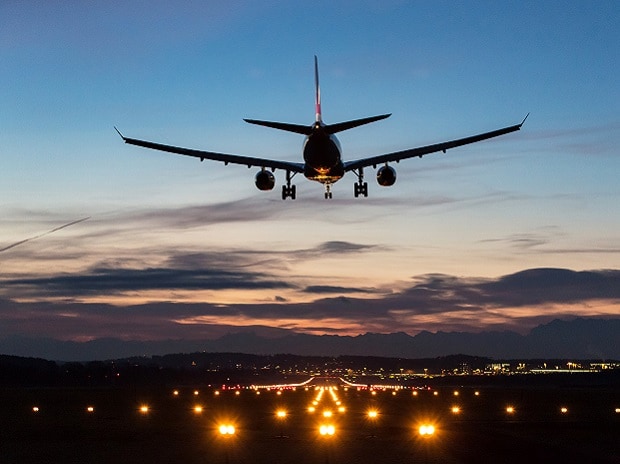Over the weekend, the conservative commentator Ann Coulter posted a series of tweets, each more scathing than the last, criticizing Delta for moving her to a different seat. While her complaints were fairly successful, leading the airline to refund her the extra $30 it cost to sit an a row with extra leg-room, the carrier also labeled her actions inappropriate. The exchange raised questions even for those passengers who aren’t as politically polarizing as Ms. Coulter: What is the most effective way to get good customer service?
After all Ms. Coulter’s complaints come amid a growing number of passenger complaints against United States carriers and their employees. Yes, the summer travel season is in full swing, with flights booked to capacity and airline staff stretched thin, but experts say that there are ways to get effective and even friendly service when you take to the skies.
Below are five tips on how:
Turn to Social Media: Air your grievance to the airline on its Twitter feed, Facebook page or both, but do it in a reasonable manner, says Rick Seaney, the founder of the airline advice site farecompare.com. “Don’t attack the airline because that puts them on the defensive,” he said. So probably no memes mocking them. Instead, Mr. Seaney suggested letting the carrier know that you’re upset and then stating your complaint. When you post your issue on social media, he said, the airline perceives it as their brand being publicly tarnished and generally, they will reach out to you to resolve the matter privately.
Humanize Airline Employees: Customer service consultant and trainer Micah Solomon said that addressing employees by name is an incredibly strong tool to getting good service. If you’re interacting with an employee in person, be sure to also make eye contact and smile; if it’s on the phone, remember their name when they first give it to you, and address them by it throughout your call. “Airline employees are real people and want to be appreciated and respected, and using their name shows them that you do,” Mr. Solomon said. “In return, they’re more apt to help and respect you.” In his more than decade as a customer service consultant, he said that he has seen instance after instance of customer service agents in a variety of industries going the extra mile to be more helpful when the person they’re assisting addresses them by name.
If Possible, Have a Face-to-Face interaction: If you’re at the airport and run into an issue with your flight or with the airline, such as a delayed, canceled or overbooked flight or lost luggage, Mr. Seaney said that it’s best to get it resolved in person. “On the phone, you’re anonymous to some degree, but you’re more likely to get compassion from an airline employee if you’re looking at him or her,” he said. If you’re at the gate, and the line to talk to an employee is long, he advised finding an employee at a different gate or even exiting security and finding one at the airline’s check-in area, which usually has more staff on hand than at the gate. Or, try Mr. Seaney’s go-to way, and head to the airline’s lounge, usually reserved for premium or frequent fliers, and explain your situation to one of the employees at the reception area. “I do this all the time, even if I don’t have access to the lounge and have never been turned away,” he said.
Be Flexible and Offer Solutions: Help airline employees help you, said Mr. Seaney, by giving them some potential solutions for the issue at hand. If your flight is delayed or canceled, for example, ask the person helping you to get you to your destination on a different carrier. Or, ask about the possibility of another flight on your carrier to a different airport which is near where you want to go. “Given how overwhelmed airline employees are, they’re not necessarily going to proactively think of ways to help you,” Mr. Seaney said. “They’re more likely to give you what you want if you propose your own resolutions.”
On Board, Show a Good Attitude: When you’re actually on the plane, smiling at flight attendants only goes so far, said Mr. Solomon. Showing your niceness, on the other hand, increases your chances of getting friendly service. Be willing to exchange your seat, for example, for the couple who wants to sit together or for the flier with a disability who would benefit from the extra legroom in your bulkhead seat. “The flight attendants almost always take note of your actions and are helpful the whole flight,” said Mr. Solomon. An anecdote from his recent flight to Nashville, where, funnily enough, he was giving a speech on how to improve customer service- a passenger three rows behind him wanted to sit next to his partner, and Mr. Solomon volunteered to do a seat shuffle with a third passenger in order to make that happen. The result, he said, was a trip with extra attentive service from the on board crew. “They couldn’t have been more doting,” he said.
©2017 The New York Times News Service
©2017 The New York Times News Service
